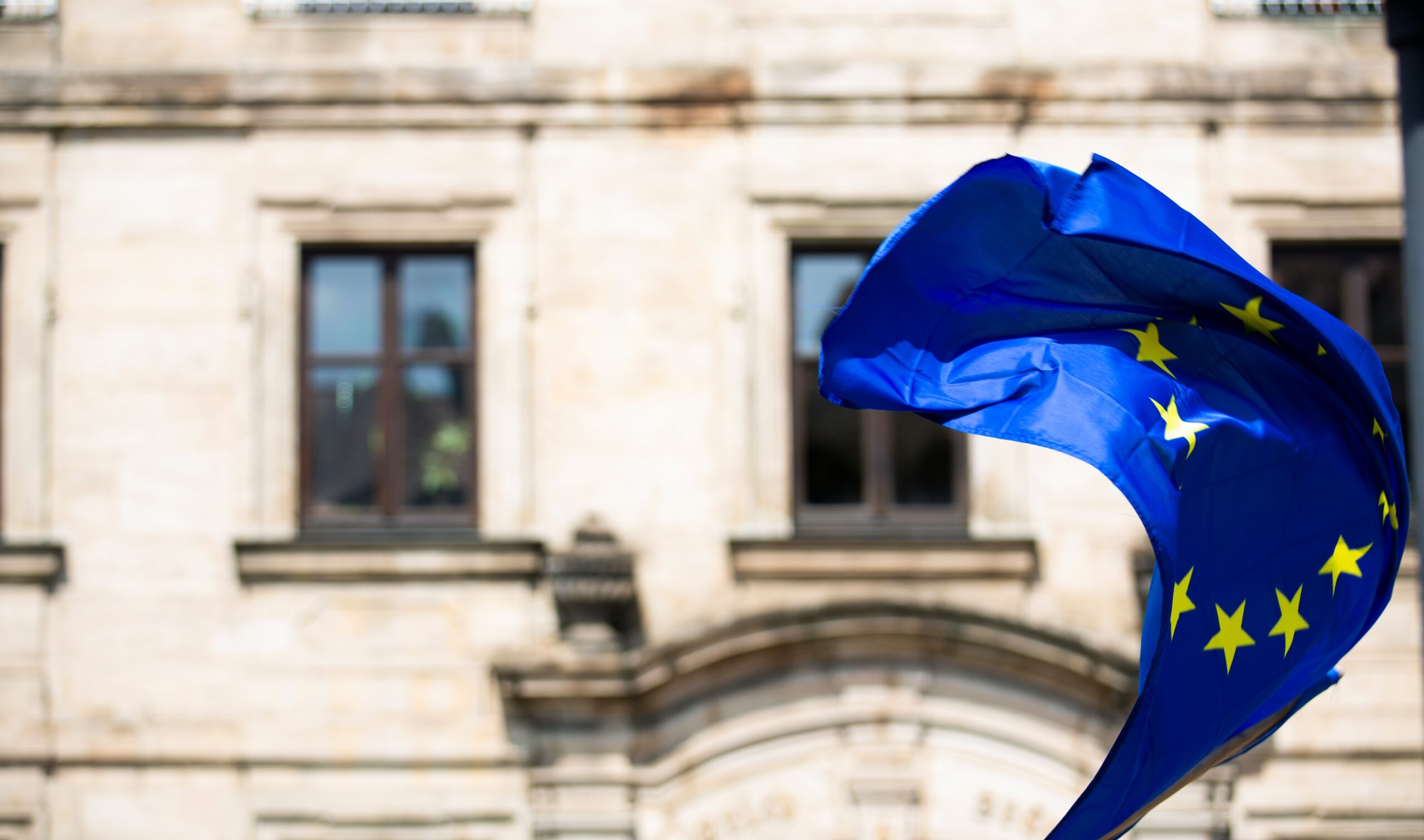Now that 2024 is behind us, it’s time to report on the fourth trimester. Here is our final roundup of that AI-rich year. This post marks the fourth year of running this series on our blog. In it, we provide updates on key developments in EU copyright law from October to December 2024, covering everything from the Court of Justice of the European Union (CJEU) rulings and Advocate General (AG) Opinions to significant policy developments.
You can read the previous roundups here.
CJEU judgments and AG Opinion
Sony Computer Entertainment Europe, CJEU, C-159/23
In this judgment from October the CJEU tackled the scope of protection of computer programs in the context of video games. Stay tuned for a post on this case by Bohdan Widła. In the meantime, you can read his commentary on the AG Opinion here.
Kwantum Nederland, CJEU, C‑227/23
Just under two months after the AG delivered his opinion in this case, the CJEU had its say. The case concerned the Berne Convention’s material reciprocity rule and its applicability to non-EU works. See Bernt Hugenholtz’ comment on the case here, claiming that if one is to ask the CJEU, “everything is harmonized”. See also the European Copyright Society’s opinion on the case here.
Reprobel, CJEU, C‑230/23
Levies and compensation schemes will always be a difficult topic for national courts. This time the challenge revolves around core EU law rules as opposed to convoluted copyright provisions. In this case, the CJEU clarified that Articles 5(2)(a) and (b) of the InfoSoc Directive must be interpreted as having direct effect and thus in the absence of a correct transposition of these provisions by the national legislator, an individual may rely on the Directive directly for the purposes of disapplying national rules.
CDSM Directive implementation
Finally, all Member States have implemented the legendary CDSM Directive. If you are interested in an overview of the process, which took more than 5 years, please check the COMMUNIA DSM Implementation Portal.
Policy
Joint letter of creators and rightholders organisations
Many organisations representing the interests of creators and rightholders have signed a joint letter calling for a “meaningful implementation” of the AI Act to “enable creators and rightholders to exercise and enforce their rights when it comes to ingesting and copying copyright-protected works for training by AI models”.
AI Act – General-Purpose AI Code of Practice – First and Second Draft
The Code of Practice details the AI Act rules for providers of general-purpose AI (GPAI) models. The code identifies high-level measures, followed by concrete sub-measures and specific key performance indicators (KPIs) for such sub-measures. The first draft of the code was published in November and the second came out in December. For a summary on the first draft see here and for a commentary on it see here. Stay tuned for our post on the second draft.
European Commission, Directive 2024/2823 on the legal protection of designs (recast) and Regulation 2024/2822 on Community Designs
The Design Directive (recast) and the Design Regulation have now been published in the Official Journal. These two legislative acts brought to life several changes to the EU design system such as amendments to fees, terminology, requirements, classification and others.
UK government, Copyright and Artificial Intelligence public consultation
In an attempt to find the best possible legal balance, the UK government is seeking views on how to ensure the UK’s legal framework for AI supports the UK creative industries and the AI sector together. The public consultation runs until 25 February 2025. Stay tuned for a post on the details of the consultation.
EU Countries – call for legislation for international application of EU copyright law – letter to the Commission
Ministers from six European countries (Belgium, Denmark, Finland, France, The Netherlands and Sweden) have written a joint letter to the European Commission on the need for a legislative proposal on rules and boundaries of international application of EU law on copyright and neighbouring rights. See more here.
Creative Rights in AI Coalition – UK
Many bodies have been organizing themselves in coalitions to voice their concerns regarding AI training with copyright protected materials. One major such coalition in the UK is the Creative Rights in AI Coalition representing rightholders from across the creative industries. They are calling on the UK government to spur growth in the creative and tech sectors by protecting copyright. Amongst its signatories are the major collecting societies.
Coming soon and latest referrals
The new year certainly will bring copyright questions to the deliberations at the CJEU.
The CJEU will have its stay on communication to the public in AKM (C-290/21) regarding satellite broadcasting, VHC 2 Seniorenresidenz (C-127/24) with respect to retirement homes and Anne Frank Fonds (C-788/24) on geoblocking involving the Anne Frank Foundation (see earlier post here).
The all-time question on what is a copyright work is at the heart of in Mio and Others (C-580/23 – see the ECS Opinion here), Institutul G. Călinescu (C-649/23) and Gândul Media Network (C-598/24).
Moreover, the following are still pending with some familiar parties as well as controversial notions: Pelham (C-590/23; see the ECS Opinion here) on pastiche, DADA Music and UPFR (C-37/24) on collective management, phonogram producers and equitable remuneration, Thuiskopie/HP (C-496/24) on levies, as well as SACD and Others (C-182/24) on joint authorship/infringement.
Several cases are pending which concern interpretation of the CDSM Directive: ONB and Others (C-575/23) on copyright exploitation contracts, Streamz and Others (C-663/24) on fair remuneration of authors and performers on online streaming platforms and Austro-Mechana (C-579/24) on the scope of Article 17.
Stay tuned!
